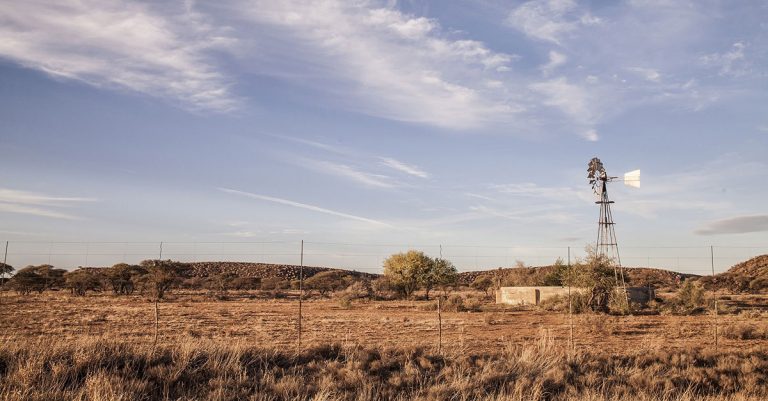
Photo: Pixabay
Southern African countries attending the 26th Conference of the Parties to the United Nations Framework Convention on Climate Change (COP26) should try to negotiate compensation for the loss and damages suffered by these countries due to historical inequalities.
This was the opinion of Dr Andrew Newsham, a climate change researcher at the University of London in the UK.
“There is a concern though that northern [developed] countries don’t want to [put] up the money, because then they will be liable for more damages. However, there are alternative ways to reach this objective through the international solidarity fund.”
Newsham was speaking at a recent webinar hosted by Agricultural Policy Research in Africa (APRA), a research programme of Future Agricultures Consortium, on the expectations of farmers in Africa for COP26 in the run-up to the conference.
COP26 kicked off in Glasgow, Scotland on 31 October and will run until 12 November.
“Since the early 1980s, African countries, such as Zimbabwe, has been observing a severe change in their climates,” Newsham said. “Since 1982, the rainfall season [in Zimbabwe] has shortened and there has also been a decline in the [number] of consecutive rainy days.”
Zimbabwe and Mozambique were ranked as two of the countries worst-hit by climate change, according to the German research institution, GermanWatch.
The number of dry spells in that country had also increased by 20 days, Newsham’s research indicated.
“It’s become especially difficult for small-scale Zimbabwean farmers to produce tobacco, which is one of the riskiest crops to farm [in] changing weather conditions,” he said.
“Besides struggling with crop production, the quality of tobacco has also declined due to climate change.”
Toendepi Shonhe, a research fellow and lecturer at the University of South Africa, said tobacco remained a major source of foreign exchange for the region.
“However, we need to ask who really gains from these activities? The smallholder farmer or big corporate companies?”
Meanwhile, Gideon Boniface, a Tanzania-based independent agricultural economist, said it was also important to look at the protection of Africa’s dryland farming in general.
“Grasslands cover 60% of the continent and also constitutes 60% of Africa’s carbon stock. Therefore, it’s worthwhile investing in these areas, because it will pay off on a social, economic and environmental level,” Boniface said during the webinar.
He added that the livelihoods of half a billion of the continent’s citizens were dependent on dryland agriculture.
“The changing climate is definitely aggravating weather extremes. Though Africa’s climate modelling and forecasting capabilities are improving, we still have a long way to go and need more capital to fund this research and development.”
Boniface said more alliances within Africa’s civil society was needed to give a voice to subsistence farmers.










